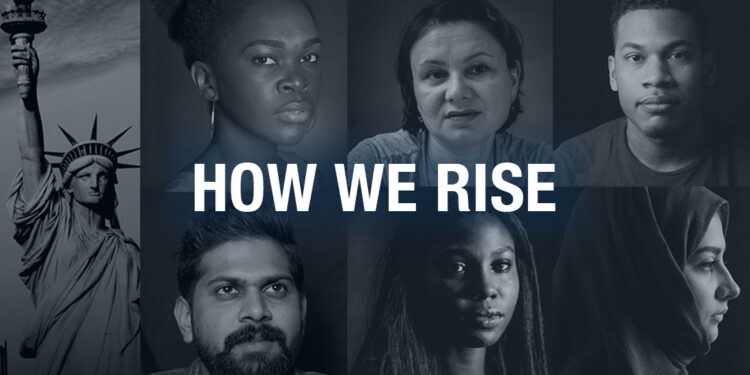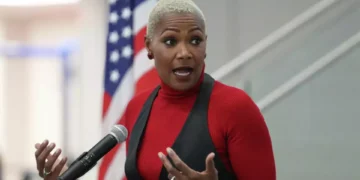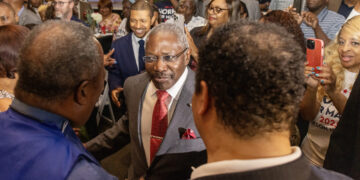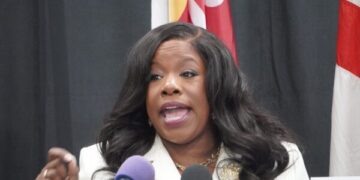Img source: www.brookings.edu
May 15, 2024 Story by: Editor
Recent decades have witnessed significant changes within the Black Church, impacting political attitudes and affiliations among African Americans. The Black Church today encompasses four primary traditions: Baptists, Methodists, Holiness/Pentecostals, and non-denominational Protestants, each with its unique historical roots and demographic composition.
Historical and demographic data reveals a shifting religious landscape. Baptists dominate Black Christianity, followed by Methodists, while Holiness/Pentecostals and non-denominational Protestants represent the evangelical wing. Notably, the rise of religious nonaffiliates reflects a growing trend away from traditional denominations.
These religious shifts mirror changes in political alignments among African Americans, challenging the notion of a monolithic Black vote. Recent data suggests a decline in self-described political “liberals” and a rise in “moderates” and “conservatives” across various religious groups. While the Democratic Party still commands significant support, there’s a notable increase in political diversity within Black America.
Moreover, the strength of affiliation with the Democratic Party has waned over time, particularly among Baptists and non-denominational Protestants. However, this shift doesn’t necessarily translate into Republican allegiance, as many still distrust the GOP’s stance on racial equality. Yet, growing conservatism on social and economic issues suggests a potential for expanded Republican support among affluent African Americans.
Looking ahead to the 2024 presidential election, President Biden cannot rely solely on traditional Democratic support from the Black community. While Baptists and Methodists remain steadfast Democratic voters, nondenominational Protestants and religious non-affiliates present unique challenges. These groups are less likely to vote Democrat and may require tailored outreach efforts to secure their support.
Former President Trump stands to gain from the growing conservative sentiment within the Black Church, particularly among nondenominational Protestants. However, he must also contend with skepticism among religious non-affiliates and ensure high voter turnout to capitalize on potential gains. Source: Brookings
In summary, the 2024 election highlights the evolving dynamics within the Black Church and the need for nuanced political strategies to secure support from diverse segments of the Black electorate.

















